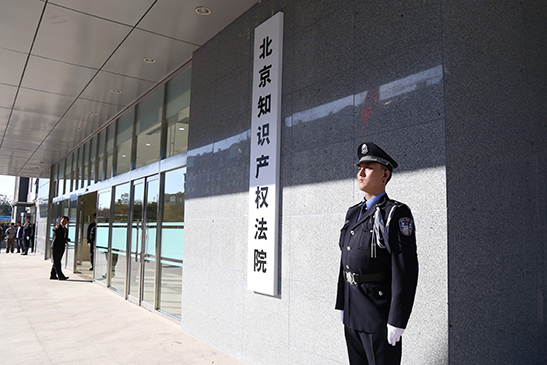Just a month after the launch of our European Business in China Position Paper 2015/2016, a number of new reform statements were released by the Chinese leadership.While of course we are not going to try and take the credit for these pronouncements it is extremely encouraging that they are very much in line with some of the key issues on which we have been advocating on behalf of our members. It is the European Chamber’s hope that, if properly implemented, major policy changes such as the reform of state-owned enterprises (SOEs) and a nationwide roll-out of the Negative List to regulate foreign investment—currently employed only in China’s free trade zones—will bring China closer to realising a true, market-driven economy.
The European Chamber welcomed the Guiding Opinions on Deepening the Reform of State-Owned Enterprises (SOE Opinions) as a signal that the Chinese leadership is aware of the urgent need to guide SOEs towards market-based efficiency. However, it remains to be seen whether the SOE Opinions, or any subsequent SOE reform measures for that matter, will result in inefficient SOEs exiting the market in an orderly fashion; and whether private enterprises will be able to acquire SOE assets during that transition period remains moot.
If this new, Party-driven reform effort were to guarantee fair market access and a level playing field for foreign business, it would send an important signal to the ongoing negotiations for an EU-China Comprehensive Agreement Investment (CAI). With the CAI, China can benefit from an agreement that takes the world’s second biggest trade relationship to a new level. The Chinese leadership would have the opportunity to harness this momentum to drive through domestic reforms, many of which are still resisted by vested interest groups in many areas. It could be a WTO 2.0.
The Chamber recognises that many of the reforms that China has already made progress with have taken place in the field of intellectual property rights (IPR), the focus of this issue of EURObiz. The issue of IPR is common thread that runs through every part of today’s knowledge-intensive economy. A functioning IPR system is one of the most important building-blocks that China needs to successfully steer its economy onto a growth trajectory that will be lower, though built upon quality and driven through innovation and efficiency gains.
Although concerns over China’s enforcement of IPR remain, China has at least made strong progress over the years with its written IPR system. Our members have attested to this in our annual Business Confidence Survey, in which a majority regularly state that China’s written IPR laws are ‘adequate’ or even ‘excellent’.
Instrumental to this has been the EU-China IP Dialogue Mechanism, now in its tenth year. The Chamber has been privileged to make ongoing contributions to this important bilateral exchange through our IPR Working Group, which is now active in our Beijing, Shanghai and South China chapters, as well as through the China IPR SME Helpdesk, a European Commission-funded initiative, of which we are an implementing partner.
On the occasion of this anniversary, we are delighted to have been entrusted by the European Commission with organising a special awards ceremony to recognise China’s most ‘IP-friendly’ regions, which will take place in 2016. Awards will be given in the categories of transparency, efficiency, cooperation, deterrence and fairness.
While the Chamber would hope that these five qualities were ingrained in all policies and legislative measures coming out of China, certain recent developments—the promulgation of the National Security Law, the drafting of the Cyber Security Law and import substitution schemes with regard to the procurement of information technology in the banking sector—suggest that this is not yet the case. Disappointingly, these examples all reflect a tendency towards ‘reform and closing up’.
As the recognised voice of European business in China, the European Chamber’s task is to check these worrisome trends and try to secure a better outcome for our members: reform ought to be inclusive of foreign stakeholders and the current trend towards closing up in certain areas needs to be reversed. This is important not only for our member companies, but also for China. Open markets ensure that consumers have access to the best quality products at the most competitive prices, and these conditions would help to stimulate China’s consumer economy.
So we now turn our attention towards the EU-China CAI, with the seventh round of negotiations having concluded around the time this issue of EURObiz goes to print. The European Chamber is proud to support the European Commission’s efforts at the negotiating table, through our Position Paper, our advocacy trips to Brussels and by providing briefings to the CAI negotiation team and the High-Level Economic and Trade Dialogue, which is to be held in Beijing this month. We look forward with anticipation and remain committed to continuing to assist where we can to help secure a positive outcome for both the EU and China.




Recent Comments